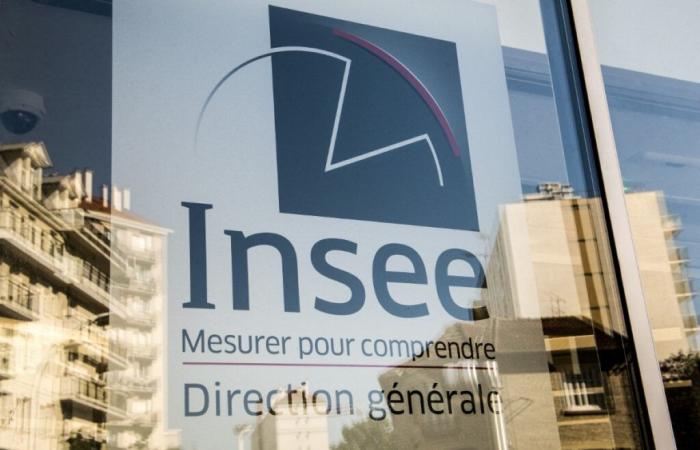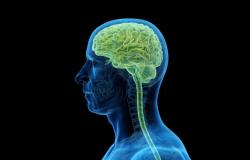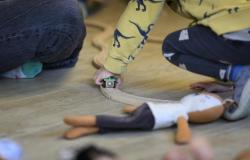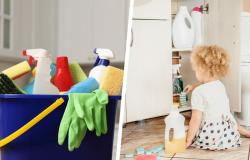One person in eight in France is rushing on heating, food or holidays: the “material and social deprivation rate” reached 12.7% of the population of mainland France in early 2024, slightly decreasing, according to an INSEE study published on Tuesday.
(AFP / AURORE MESENGEE)
This indicator of poverty, which is based on household renunciation to certain products or services, was 12.9% in early 2022 and 13.1% in early 2023, specifies the National Institute of Statistics and Economic Studies. The overall rate remains, however, “at a relatively high level, 0.6 points above the average observed between 2013 and 2020”.
Unlike the rate of monetary poverty based on household income, the deprivation rate is based on a series of renunciations for expenses related to everyday life, such as having two pairs of shoes, heating up properly, eating meat or fish every two days, or leaving for a week on vacation each year.
If a cleaning has at least five of these renunciations from a list of 13 elements “considered as desirable, even necessary, to have an acceptable standard of living”, it is in a situation of “material and social deprivation”, or in other words “poor in living conditions”.
-Over a year, the deprivation of a week of vacation per year outside the home is down: 21% said in early 2024 that they did not have the means to take at least a week of vacation outside their home, a drop compared to 2023 (24%).
Same downward trend concerning the number of people saying that they have financial difficulties in buying shoes, a deprivation that has decreased by 6% to 3% of the population in ten years. Internet deprivation becomes residual (1%).
Conversely, protein and heating deprivation are much more present than ten years ago even if they seem to stabilize. At the beginning of 2024, 12% said they were in the financial inability to properly heat their accommodation, against 6% ten years ago. The share of people declaring to deprive themselves of meals with meat or fish was 10% in early 2024.
Unemployed people, those who live with single -parent family, and tenants in the social park, are the most exposed to the risk of deprivation, according to INSEE, which reports more than one in three concerned.








